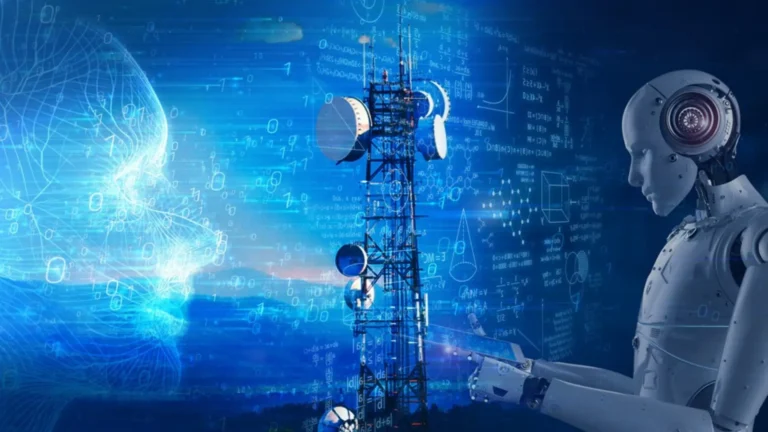
AI Ethics Committees in Corporations
As artificial intelligence (AI) becomes increasingly integrated into corporate operations, the need for ethical oversight has never been more critical. AI systems, while powerful, are not inherently neutral. They reflect the biases and values of their creators and the data they are trained on, potentially leading to unintended consequences and reputational risks. This is where AI ethics committees play a pivotal role, guiding corporations through the complex moral landscape of AI development and deployment.
AI ethics committees are interdisciplinary bodies composed of experts from various fields, including technology, law, philosophy, and social sciences. Their primary function is to ensure that AI systems are developed and used responsibly, ethically, and in alignment with societal values. By providing guidance, oversight, and accountability, these committees help corporations build trust with stakeholders and mitigate the potential harms of AI.
Establishing Ethical Guidelines and Principles
A core function of AI ethics committees is to establish clear ethical guidelines and principles that govern the development and deployment of AI systems. These guidelines serve as a compass for employees, ensuring that AI is used in a manner that aligns with the company’s values and respects human rights.
- Fairness and Non-discrimination: Ensuring AI systems do not perpetuate or amplify existing biases.
- Transparency and Explainability: Making AI decisions understandable and auditable.
- Privacy and Data Protection: Safeguarding personal data and respecting individuals’ privacy rights.
- Accountability and Responsibility: Establishing clear lines of responsibility for AI systems.
Conducting Ethical Impact Assessments
Before deploying AI systems, corporations should conduct ethical impact assessments to identify and mitigate potential risks. AI ethics committees play a crucial role in overseeing these assessments, ensuring that all relevant ethical considerations are addressed.
- Identifying Potential Harms: Assessing the potential negative impacts of AI systems on individuals, groups, and society.
- Evaluating Trade-offs: Balancing the potential benefits of AI with the risks of harm.
- Developing Mitigation Strategies: Implementing measures to minimize or eliminate identified risks.
Providing Guidance and Training
AI ethics committees also serve as a resource for employees, providing guidance and training on ethical AI practices. This helps to foster a culture of ethical awareness and empower employees to make responsible decisions.
- Ethical Dilemma Resolution: Providing support and guidance on how to navigate ethical dilemmas related to AI.
- Training on Ethical AI Principles: Educating employees on the company’s ethical guidelines and best practices.
- Promoting Ethical Awareness: Fostering a culture of ethical awareness and responsibility throughout the organization.
Ensuring Accountability and Oversight
AI ethics committees play a vital role in ensuring accountability and oversight of AI systems. This includes monitoring the performance of AI systems, investigating ethical concerns, and recommending corrective actions.
- Monitoring AI Performance: Regularly evaluating the performance of AI systems for bias, fairness, and other ethical concerns.
- Investigating Ethical Concerns: Conducting thorough investigations of reported ethical concerns and recommending appropriate actions.
- Recommending Corrective Actions: Proposing changes to AI systems or processes to address identified ethical issues.
Building Trust with Stakeholders
By demonstrating a commitment to ethical AI practices, corporations can build trust with stakeholders, including customers, employees, and the public. AI ethics committees play a crucial role in communicating the company’s ethical values and practices to stakeholders.
- Transparency and Communication: Communicating the company’s ethical AI principles and practices to stakeholders.
- Stakeholder Engagement: Seeking input from stakeholders on ethical considerations related to AI.
- Building Public Trust: Demonstrating a commitment to responsible AI development and deployment.
In conclusion, AI ethics committees are essential for navigating the moral maze of AI. By establishing ethical guidelines, conducting impact assessments, providing guidance, ensuring accountability, and building trust, these committees help corporations harness the power of AI for good.



